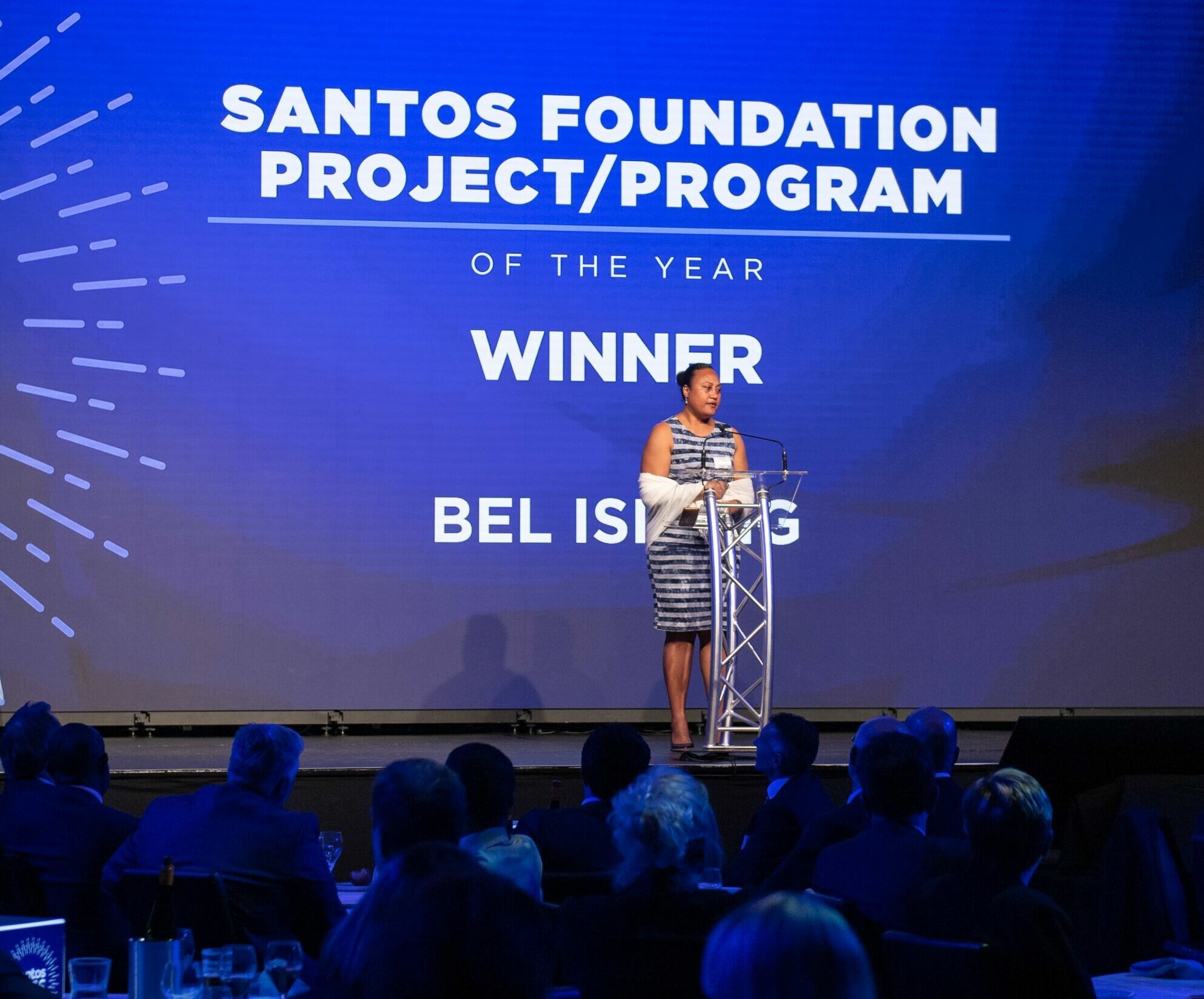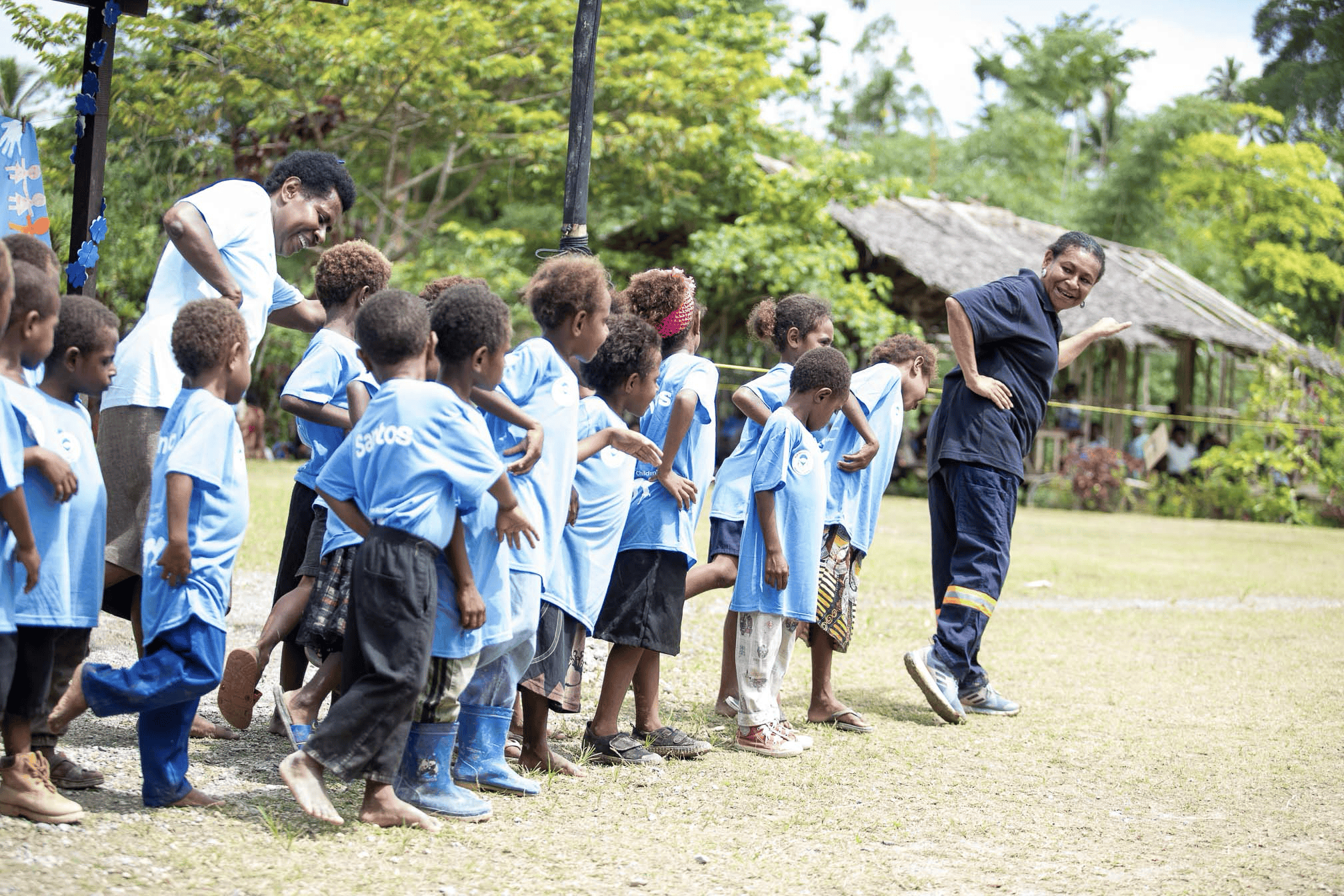
Violence against family members, including women and children is against the law – and police officers must make sure that the law is enforced.
That was the key message at a four-day training session last week attended by 12 police officers from Moro, Pimaga and Mendi. Held at Oil Search offices, the course covered gender sensitisation, human rights, the Family Protection Act, and provided officers the tools to be more responsive to acts of family violence.
“Police across the country to … ensure those who cause harm to our mothers and daughters face the rule of law. Effective policing for the law is not taking place across the country,” he said. “A lot of time, we plead ignorance and say it’s custom and (tell survivors to go) back home, but (that means) more harm is brought to women and girls.” “It’s been very, very interesting,” is how one senior constable described the training session. And despite several years’ experience in law enforcement, he confirmed that he and his colleagues were all “learning a lot. A lot of the things we do at the police station need to change’ Now we will go back and put all this training into practice, and … teach other police what they told us in this course.”
“It’s really about challenging mindsets,” says Rachael Vapuak of the Department of Justice, which facilitated the sessions in partnership with the Department of Justice and Attorney General, the Family and Sexual Violence Unit of the Royal PNG Constabulary and the National Family and Sexual Violence Action Committee.
“I mean, we don’t expect everyone to really agree with all of the ideas we present. But we do expect them to be aware of the laws that are in place to protect victims of family and sexual violence, and to able to understand the root cause of the violence itself’. “We are thankful for people like Chief Sergeant Pierce Mondo because he recognised this issue in his department. Without him making it known, we wouldn’t be here for this training. And we would also like to say a big thank you to Oil Search Foundation for sponsoring this training and for all their support.”
As far as Vapuak’s colleague is concerned, that work is only just getting started. “Domestic violence has been happening in the community for years,” Angellus Koraino says, “but some policemen still see it as just a family issue – something that happens with a husband and wife, or mother and daughter – rather than a serious crime. Training police officers is very important, and we would like to do more of it all over the country.
“It’s a big task,” agrees session facilitator Charles Esshyhafo from the National Family and Sexual Violence Action Committee, “but I think people are fed up with violence and ready to say that enough is enough. We all have the power to change our attitudes and we all have the power to help. And it’s not just police. It’s everyone’s responsibility to prevent and report violence; it’s everyone’s responsibility to protect women and girls.”
The key partners who presented the training, along with Justice Services and Stability for Development are continuing to roll out further trainings across Papua New Guinea. Oil Search Foundation is looking forward to supporting Kutubu Village Court officials to receive similar training later this year.






